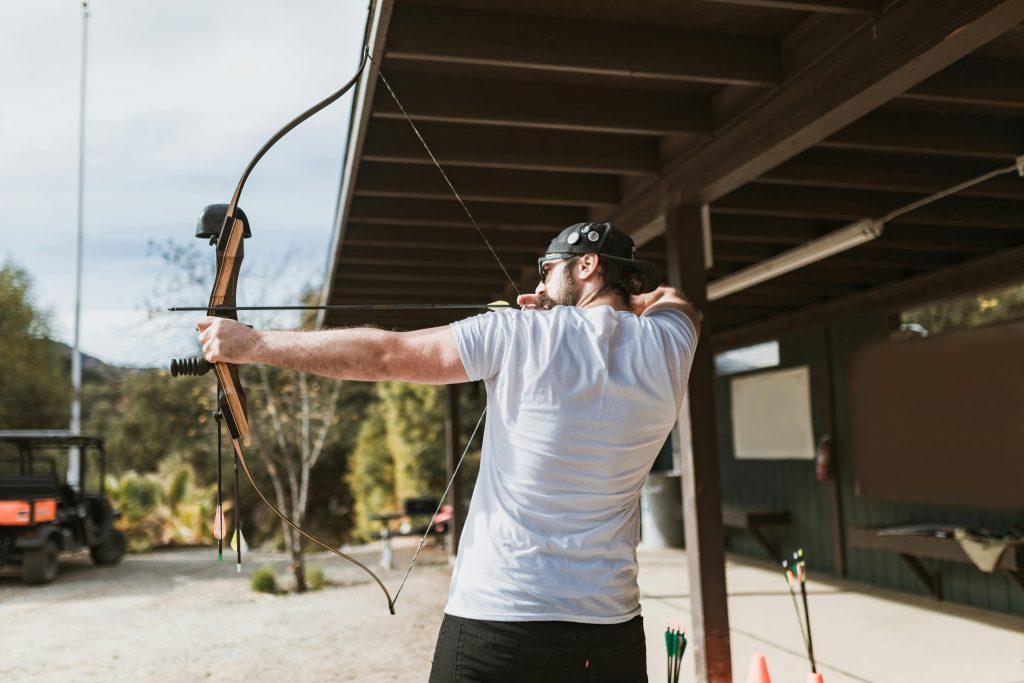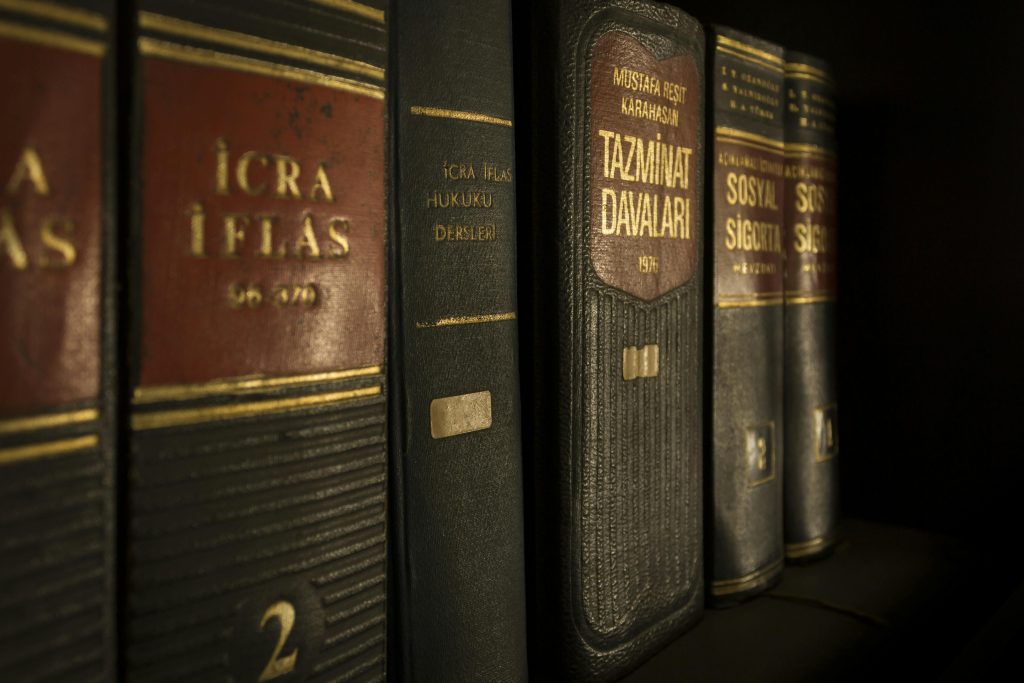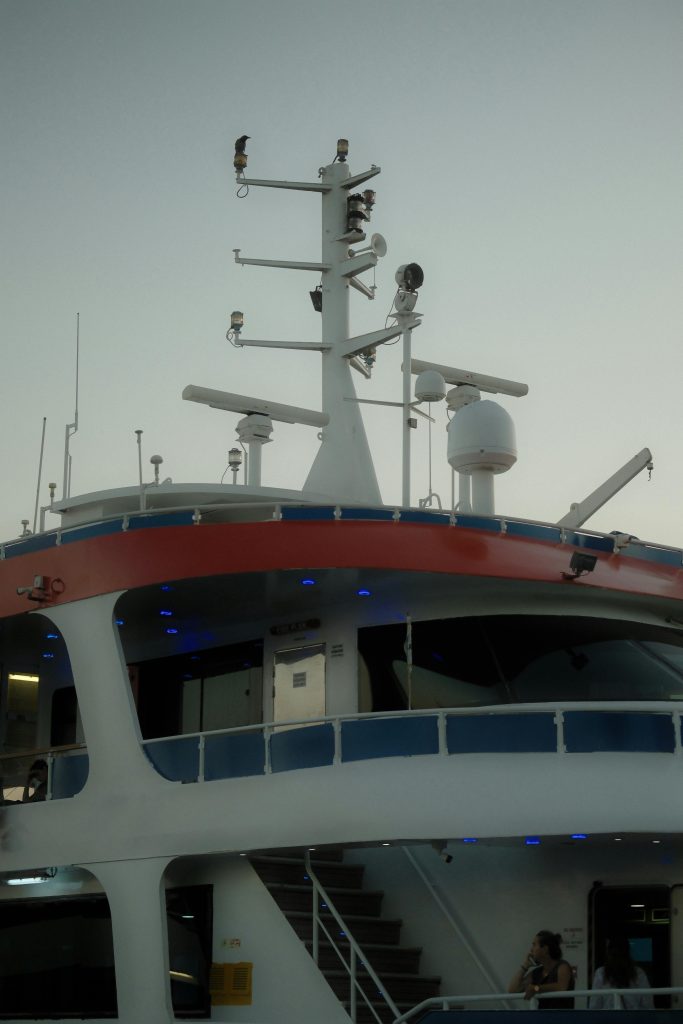 In a heart-wrenching incident, Dr. Alan Sandifer, an avid bow hunter, tragically lost his life in a freak accident involving his Hoyt compound bow. The Sandifer family’s quest for answers led them to the courtroom, seeking justice through a lawsuit against the bow’s manufacturer, Hoyt Archery, Inc. This blog post delves into the complexities of the case, the legal arguments presented, and the ultimate ruling that brought the Sandifers’ pursuit to a close.
In a heart-wrenching incident, Dr. Alan Sandifer, an avid bow hunter, tragically lost his life in a freak accident involving his Hoyt compound bow. The Sandifer family’s quest for answers led them to the courtroom, seeking justice through a lawsuit against the bow’s manufacturer, Hoyt Archery, Inc. This blog post delves into the complexities of the case, the legal arguments presented, and the ultimate ruling that brought the Sandifers’ pursuit to a close.
The Unforeseen Tragedy:
Dr. Sandifer was at home, engrossed in his passion for bow hunting. While his wife was in another room, he was examining his Hoyt Vulcan XT500 compound bow, possibly making some modifications. A loud noise startled his wife, and she rushed to find her husband unconscious, the bow’s metal cable guard tragically embedded in his head. Dr. Sandifer succumbed to his injuries the following day.
 Louisiana Personal Injury Lawyer Blog
Louisiana Personal Injury Lawyer Blog


 In a recent decision, the
In a recent decision, the  In a recent decision, the
In a recent decision, the  In a significant victory for the family of a deceased worker, the Louisiana Court of Appeal has overturned a previous ruling, ensuring they receive workers’ compensation death benefits. The case,
In a significant victory for the family of a deceased worker, the Louisiana Court of Appeal has overturned a previous ruling, ensuring they receive workers’ compensation death benefits. The case,  In a case highlighting the importance of carefully crafted real estate contracts, the Louisiana Court of Appeal, Fourth Circuit, upheld a trial court’s decision awarding stipulated damages and attorney’s fees to sellers in a failed all-cash real estate transaction.
In a case highlighting the importance of carefully crafted real estate contracts, the Louisiana Court of Appeal, Fourth Circuit, upheld a trial court’s decision awarding stipulated damages and attorney’s fees to sellers in a failed all-cash real estate transaction. In a case stemming from the aftermath of the
In a case stemming from the aftermath of the  In a stark reminder of the importance of procedural precision in the legal world, the
In a stark reminder of the importance of procedural precision in the legal world, the  In a recent decision, the
In a recent decision, the  In a recent decision by the
In a recent decision by the In a recent ruling, the
In a recent ruling, the